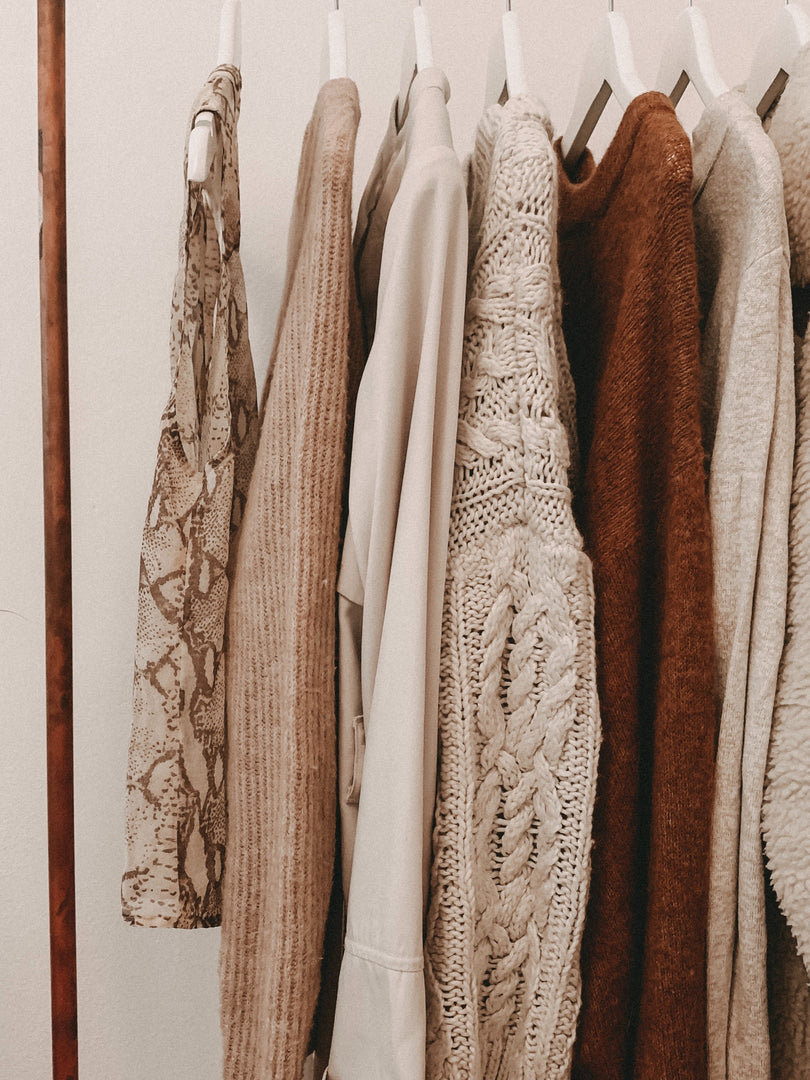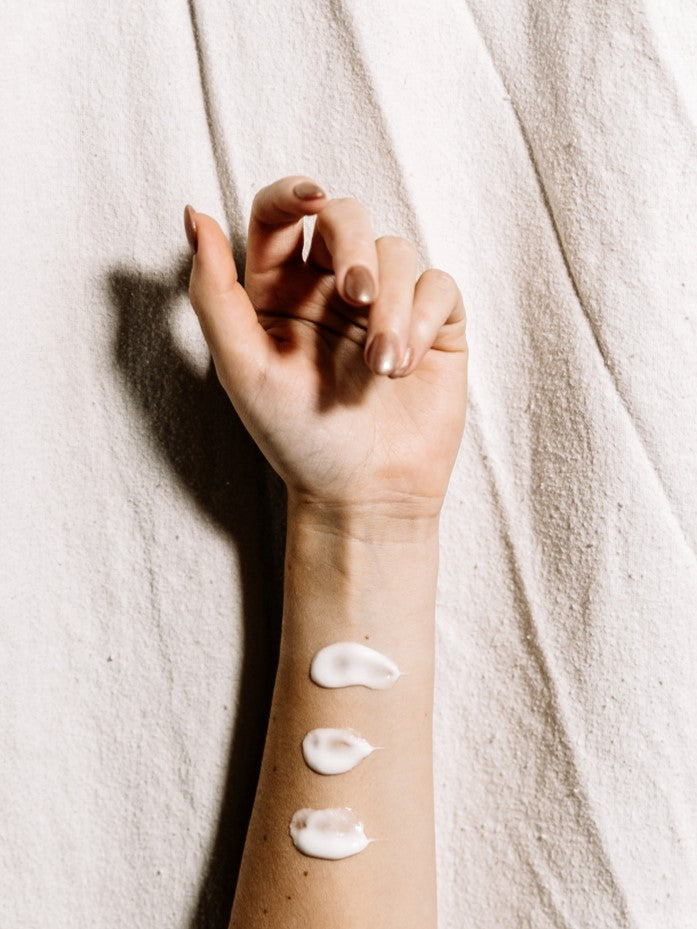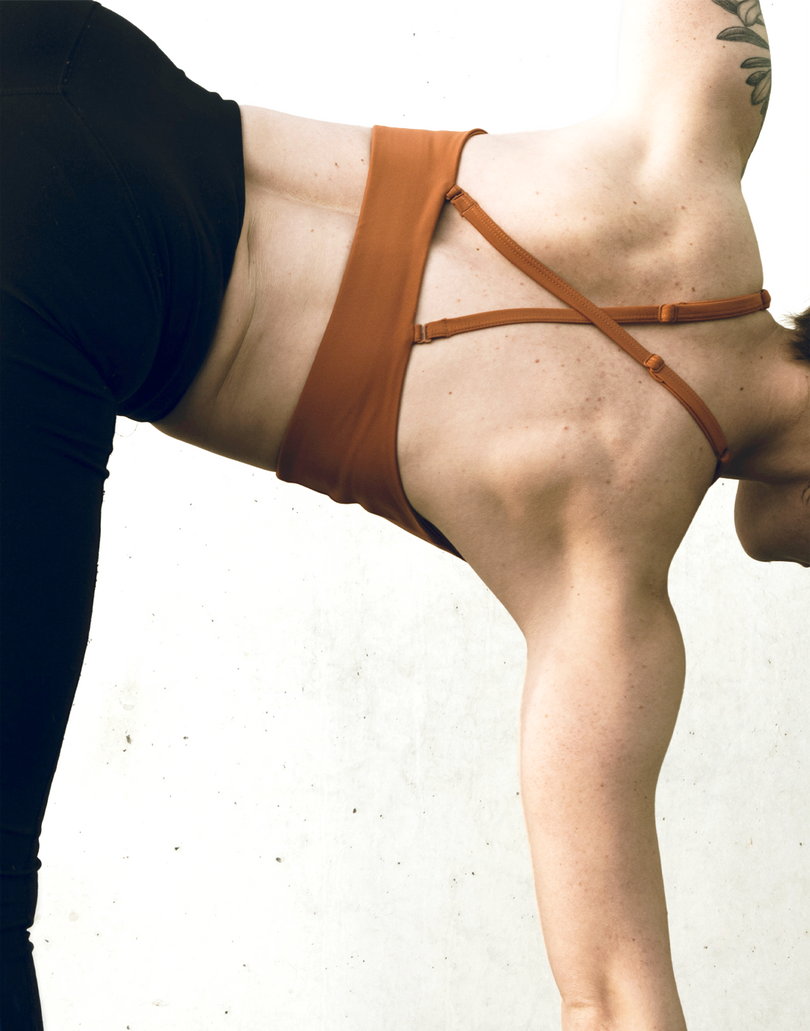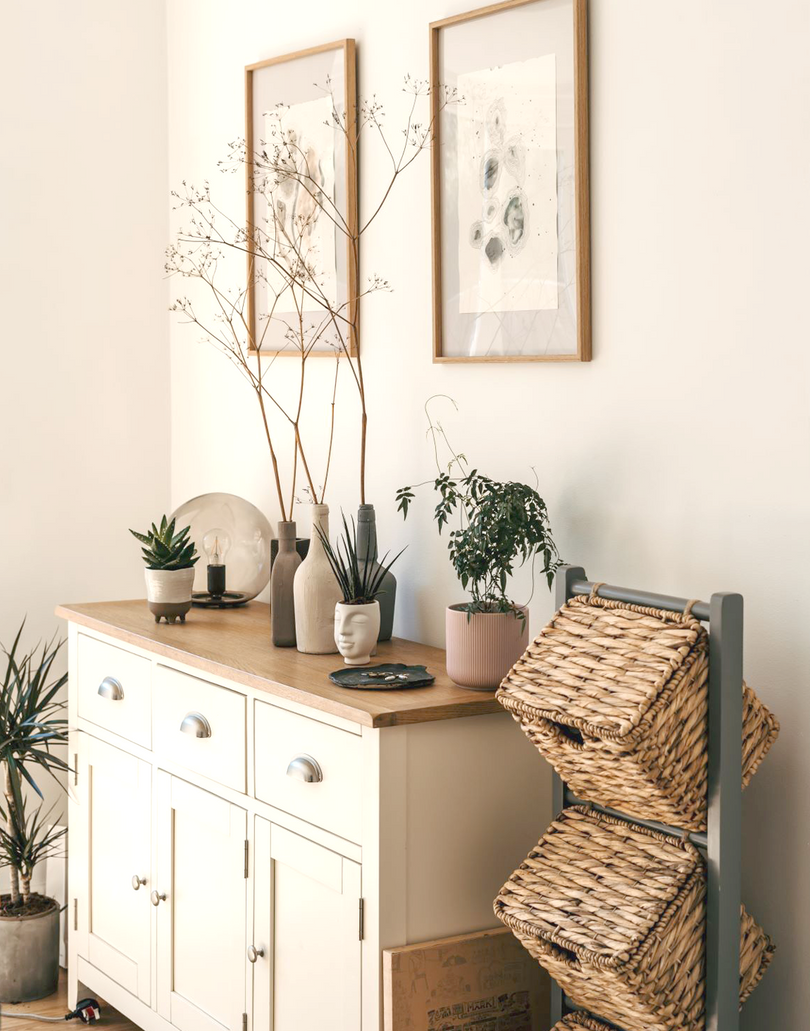Footwear is a particularly pertinent area of sustainability, because of its enormous production. Today, people are buying many more new pairs of shoes than they ever had in the past; in 2018, there were a startling 24.2 billion pairs of shoes produced, equating to approximately three new pairs for every one person. With this massive influx of footwear creation and consumption comes a massive amount of consumer waste. Unfortunately, due to their typically unsustainable material composition, flip-flops and sandals are contributing to this problematic shoe waste in a major way.
The Downsides to Unsustainable Sandals & Flip-Flops
Most of the flip-flops and sandals on the market are made from materials like plastic, foam, synthetic rubber, and leather. As you may already know, plastics bring a host of environmental issues. Typically, the plastics in your footwear are coming from fossil fuels, destroying habitats and contributing to air pollution and climate change. With any type of plastic material, there’s the large risk of micro-plastics—these tiny textile fabrics can seep out and intrude upon our oceans. From there, these toxic fibers get ingested by marine wildlife, and eventually, us when we sit down for dinner. Look-out specifically for PVC in your new pair of flops, as it is a very toxic material that comes with phthalates, which are associated with an abundance of adverse health effects.
Created from crude oil and other non-renewable resources, synthetic rubber is a material to avoid in your sustainable sandals. The material is non-biodegradable, meaning it will take hundreds of years to decompose–and when it eventually does, harmful chemicals will be released into our environment. Since rubber is highly flammable, it is sometimes the case that there are flame retardants incorporated into your shoes, exposing you to even more toxic chemicals than you have bargained for. And these chemicals don’t just impact you, they impact the individuals who are making your shoes and the individuals who are managing waste.
The Upsides to Sustainable Sandals
Luckily, an increasing number of companies are creating sustainable sandals using ethically-sourced, eco-friendly materials. One particular material of interest is natural rubber. Unlike its synthetic rubber alternative, natural rubber is biodegradable and comes from plants, which produce a liquid called latex that rubber can be made from. Most of the world’s natural rubber comes from the Hevea brasiliensis tree species, also known as Pará rubber trees. As a renewable resource, this is a point for the sustainability of natural rubber. However, natural rubber can take up to 7 years to be ready for harvesting, which can create a lag in the supply of natural rubber. If the demand for natural rubber outweighs the supply of trees, then this could lead to massive deforestation of forests in order to plant more Pará rubber trees. Luckily, many other smaller plants, like dandelions, have untapped potential to create latex. Thus, it seems like natural rubber has the potential to become an even more sustainable resource in the future. Since the process of harvesting natural rubber is labor-intensive, transparent and fair working conditions are of the utmost importance when distinguishing a pair of sustainable sandals.
Some other materials that seem to promise a more sustainable future are natural materials like cork, hemp, and pinatex (a leather alternative made from pineapple leaves), and recycled materials such as plastic, synthetic rubber, and leather. It should be noted that with recycled synthetic textiles, like plastic and rubber, you should be conscious of your items' end-of–life outcome as these materials do not decompose.
Here are 5 sustainable sandal and flip-flop brands to explore:
1. Nae

Photo Credit: nae-vegan.com/en/
From block heels to strappy flats, Nae offers a beautiful array of both casual and fancier sandals. Creating beautiful, vegan shoes in their ethical factories in Portugal, NAE stands for No Animal Exploitation. Some of the brand’s wonderfully sustainable materials include Apple Skin, Pinatex, and cork.
In their production, they also utilize recycled PET (plastic), making new life out of things like plastic bottles. In some of their vegan fabric options, they do use nylon and polyester blends, often recycled, that do pose a certain environmental impact from their energy-intensive, non-biodegradable nature. It should be noted that while their recycled synthetics, like polyester and nylon, do extend the life-cycle of plastic, they do still bring some of the common issues of plastics, such as micro-plastics.
2. Feelgoodz

Photo Credit: feelgoodz.com
For your casual flip flops and slides, feelgoodz has you covered. Soft, comfortable and made with ethically-sourced sustainable materials, you can feel good in your shoes for a multitude of reasons. Feelgoodz uses natural rubber, vegan leather, and recycled rice husks in their production, making their shoes non-toxic and sustainable. The company puts a particular focus on the small artisan groups which harvest and create their sustainable sandals, working with artisan groups in India, Nepal, Vietnam, and Thailand.
Coming in a mix of bright and muted hues, there’s a pair of feelgoodz natural rubber flip flops for everyone. Although all their styles are made for comfortability, the brand’s Zensole™ line is particularly luxurious—the line features yoga mat cushioning and a sculpted footbed.
3. Nisolo

Photo Credit: nisolo.com
With their strappy flatforms, heeled clogs, and woven slides, Nisolo’s sustainable sandals are sure to be a show-stopper. As a B Corporation and Climate Neutral Certified company, Nisolo holds themselves to the highest ethical and sustainable business standards. The brand is also part of the Leather Working Group, a global certification that ensures responsible sourcing and use of leather. Most of Nisolo’s shoes are made from this ethically-sourced leather. They also use 100% recycled plastics in their production.
One cool feature of Nisolo is their collaboration with Soles4souls, a shoe reclamation program. You can send your used shoes to Nisolo, and then Soles4souls will distribute them to micro-entrepreneurs in countries like Haiti, Nicaragua and the Philippines, extending the product’s life and benefitting underserved communities.
4. Original cork

Photo Credit: originalcork.com
Combining streamlined simplicity with eco-friendly innovation, Original Cork is a trailblazer in the world of sustainable sandals. Made from ethically sourced Portuguese cork, Original Cork’s casual flip-flops are 100% natural, vegan, and recyclable. Original Cork’s flip-flops are durable and waterproof, making them ideal for the outdoors. Even better, the shoes get better with time, molding to your foot with wear.
When picking your pair of Original Corks, you can opt for a completely natural look, or opt for something a bit bolder, choosing a fun, vibrant strap color. Unisex and available in kids sizes, Original Cork is for the whole family.
5. Indosole

A noble cause, Indosole seeks to tackle the massive amount of waste in the world. The company is particularly concerned with the issue of tires. Whether for cheap fuel or from natural causes, tires will often catch fire, emitting mass amounts of toxic chemicals. Even if they don’t burn, these tires take thousands of years to decompose. Takes these tires and turns them into soles. As you might imagine, tires make for extremely durable soles.
Completely vegan, Nisolo’s sandals are also made with natural rubber and ENVRO Fabric, which is a custom-made fiber that uses less water and dye than traditional fibers. Their sustainable sandals are naturally dyed, so you don’t have to worry about sneaky chemicals working their way into your shoes.
Typical sandals and flip-flops are made from harmful materials that hurt the planet and your body. This summer, reduce your eco-footprint and put your best foot forward by opting for a pair of sustainable sandals that are made with natural renewable resources or recycled materials.
Sources:
- https://pubmed.ncbi.nlm.nih.gov/32181706/
- https://yaleclimateconnections.org/2019/08/how-plastics-contribute-to-climate-change/
-
https://valutus.com/2021/07/08/algae-and-the-flip-flop-footprint/
- https://nowtoronto.com/are-plastic-sandals-leaching-chemicals-into-my-feet
- https://www.ncbi.nlm.nih.gov/pmc/articles/PMC8157593/
- https://www.worldwildlife.org/magazine/issues/winter-2016/articles/making-the-production-of-rubber-better-for-the-planet
- https://www.howcork.com/products/original-cork-sandals
- https://indosole.com/
- https://nisolo.com/collections/womens-shoes-and-accessories
- https://www.nae-vegan.com/en/
- https://www.originalcork.com/
- https://feelgoodz.com/











